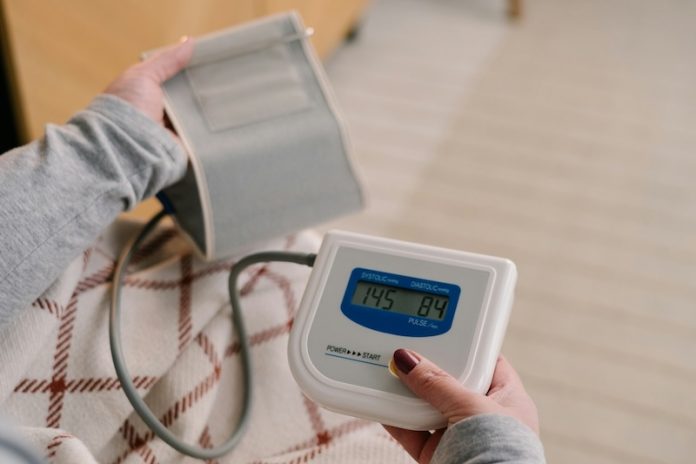
Researchers at Columbia University have been studying a popular medication used to treat high blood pressure, and their findings suggest that one drug, chlorthalidone, may cause unexpected health issues.
High blood pressure, also called hypertension, happens when the force of blood pushing against blood vessel walls is too strong.
Think of it like cars speeding on a highway—if they go too fast, accidents can happen.
Similarly, high blood pressure can damage blood vessels over time and lead to serious health problems like heart attacks, strokes, and kidney disease.
Doctors often prescribe medications to help lower blood pressure, and chlorthalidone is one of the commonly used drugs. However, new research suggests it may have more side effects than previously thought.
Scientists analyzed data from over 730,000 people who took blood pressure medications over a period of 17 years. They compared chlorthalidone with another commonly used drug called hydrochlorothiazide to see if one was safer or more effective.
Here’s what they discovered:
- Both drugs effectively prevent heart attacks and strokes.
- However, people taking chlorthalidone were three times more likely to have low potassium levels than those taking hydrochlorothiazide.
- 6.3% of chlorthalidone users developed low potassium (hypokalemia), compared to only 1.9% of those on hydrochlorothiazide.
- Chlorthalidone users also had a higher risk of electrolyte imbalances and kidney problems.
Why Is Potassium Important?
Potassium is an essential mineral that helps muscles, nerves, and the heart function properly. When potassium levels drop too low (hypokalemia), people may feel weak, tired, or experience heart rhythm problems.
Since potassium plays such a critical role in the body, having low levels can cause serious health issues, especially for those already dealing with heart or kidney conditions.
What Other Issues Did They Find?
The study also found that chlorthalidone increased the risk of kidney problems and other electrolyte imbalances.
Electrolytes are chemicals in the body that help regulate important functions like keeping the heart beating steadily and muscles working properly.
This study doesn’t mean that everyone who takes chlorthalidone will experience these problems, but it does suggest that doctors should monitor their patients more closely when prescribing this medication.
For years, many doctors have preferred chlorthalidone over hydrochlorothiazide because it was thought to be more effective for blood pressure control. However, this new research might lead some doctors to reconsider their choice, especially for patients at risk of potassium or kidney problems.
How to Keep Blood Pressure Under Control
Even if you don’t take these medications, there are many natural ways to keep your blood pressure in check:
- Eat a healthy diet – Focus on fruits, vegetables, whole grains, and foods low in salt.
- Exercise regularly – Just 30 minutes of walking most days can help lower blood pressure.
- Limit alcohol and avoid smoking – Both can raise blood pressure over time.
- Manage stress – Activities like meditation, yoga, listening to music, or spending time in nature can help keep stress levels down.
Researchers will continue studying chlorthalidone and other blood pressure medications to ensure they are safe and effective.
If you or someone you know takes chlorthalidone, don’t panic—just be aware of potential side effects. Regular check-ups with your doctor and monitoring for any unusual symptoms can help catch problems early.
If you care about blood pressure, please read studies that black licorice could cause dangerous high blood pressure, and this common plant nutrient could help reduce high blood pressure.
For more health information, please see recent studies about how coffee influence your risk of high blood pressure, and results showing this olive oil could reduce blood pressure in healthy people.
Copyright © 2025 Knowridge Science Report. All rights reserved.



